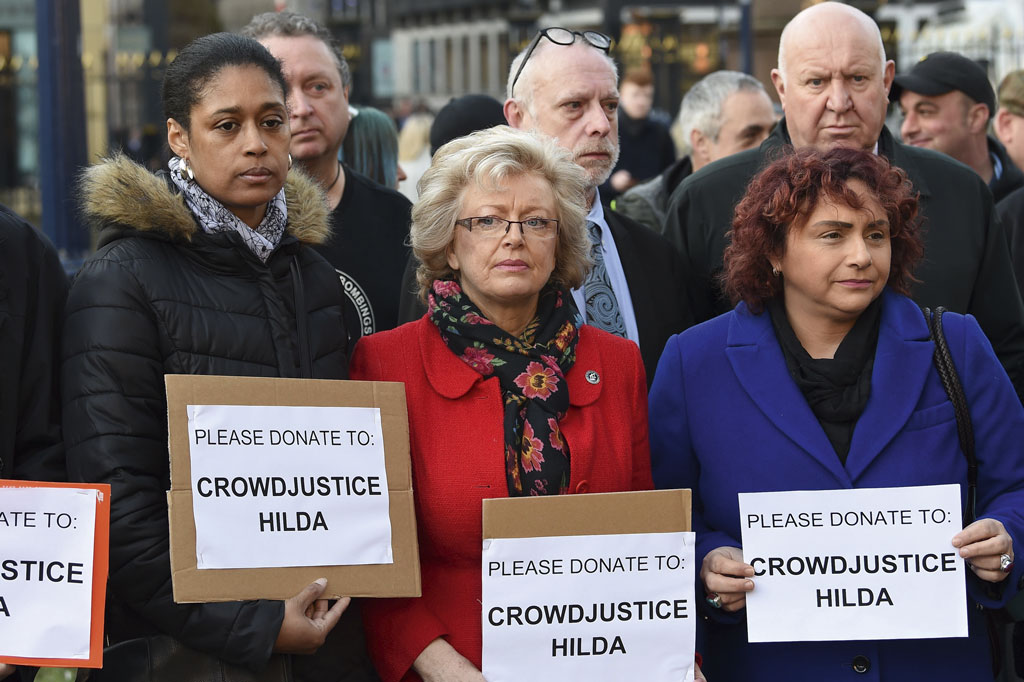
That bereaved families have so little hope of obtaining legal aid for inquests is indicative of the UK’s broken system, says Jonathan Wheeler
With only a week to go before the opening of the inquests into the 1974 Birmingham pub bombings last month, the Legal Aid Agency (LAA) rejected the victims’ application for legal aid. Northern Ireland firm KRW Law, representing half of the families, was instead awarded only a tenth of the funding requested—certainly insufficient for the well-resourced legal team it required.
The following day, a crowdfunding page was created in a last-ditch attempt to source the funds desperately needed for the families’ legal representation. This was, however, too little too late, after a succession of snubs by LAA, and when a boycott of the inquest by the families had been floated as a serious option. The fact that the families found themselves in this situation at such a late stage is indicative of the broken legal aid system in the UK.
Exceptional cases only
The









